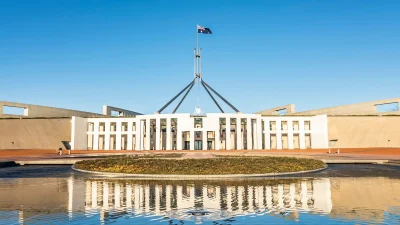Farmers attack agribusiness tax treatment
By John Wilkinson
The National Farmers Federation (NFF) has launched an inquiry into agribusiness managed investment schemes (MIS) after its members expressed concerns about tax incentives.
The inquiry is in response to a resolution by its policy council for changes in the tax treatment of MIS to “bring them in line with other purchasers of agricultural land, particularly farmers”.
The move by the NFF coincides with criticism by agribusiness consultant Mike Stephens of agribusiness schemes in the Victorian farmer’s paper the Weekly Times.
He argues that managers of MIS are buying land at higher prices than farmers can afford and the tax treatment of these investments makes it unprofitable for unsubsidised farmers to compete.
He is calling for farmers and the public to lobby the Federal Government to scrap all tax incentives for MIS projects.
Australian Agribusiness Group research manager Tim Lee described the article as “rubbish”.
“The tax deductions in MIS are the same as any farmer gets. The only concession is timber schemes get a 12-month deferral on planting, which is under review,” he said.
“The taxes paid by schemes are no different.”
Adviser Edge Investment Research managing director Shane Kelly said there had been some friction with dairy farmers in certain areas where they have been out-bid for land by tree plantation managers.
Kelly argues, however, that the MIS industry “is giving farmers who want to get out an opportunity to sell their land and water rights at a good price”.
Recommended for you
The Governance Institute has said ASIC’s governance arrangements are no longer “fit for purpose” in a time when financial markets are quickly innovating and cyber crime becomes a threat.
Compliance professionals working in financial services are facing burnout risk as higher workloads, coupled with the ever-changing regulation, place notable strain on staff.
The Senate economics legislation committee has recommended Schedule 1 of the Delivering Better Financial Outcomes legislation be passed as it is a “faithful implementation” of the recommendations.
Treasurer Jim Chalmers has handed down his third budget, outlining the government’s macroeconomic forecasts and changes to superannuation.














